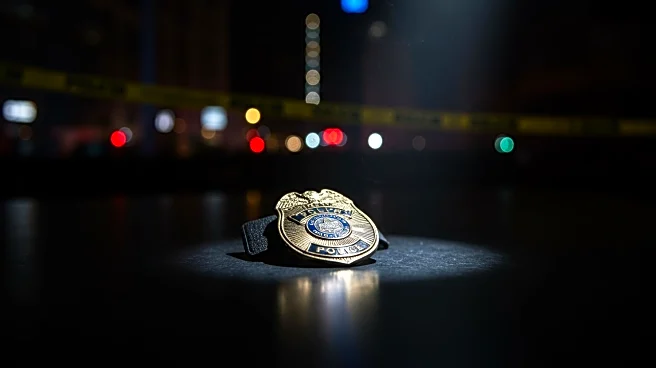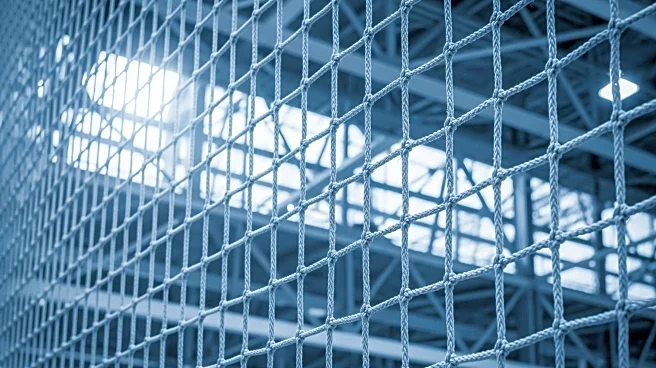What's Happening?
President Trump has deployed federal law enforcement and National Guard troops in Washington, D.C., as part of a campaign to reduce crime in the nation's capital. Despite the presence of Humvees and agents in tourist areas, residents in high-crime neighborhoods like Anacostia report seeing little change. Charles Wilson, a community activist, expressed skepticism about the effectiveness of the initiative, noting ongoing violence in his neighborhood. While some residents welcome additional law enforcement, they emphasize the need for officers trained in community policing. The Metropolitan Police Department statistics show a decline in violent crime in Ward 8, though homicides remain steady compared to the previous year.
Why It's Important?
The deployment of federal resources in D.C. highlights the ongoing debate over crime prevention strategies in urban areas. While federal intervention aims to bolster local law enforcement, it raises concerns about potential civil rights violations and the effectiveness of such measures. The initiative could impact public policy by influencing future decisions on federal involvement in local policing. Residents and community leaders are concerned about the balance between increased security and the preservation of civil liberties, particularly in neighborhoods with historically high crime rates.
What's Next?
The situation in D.C. may prompt further discussions among policymakers and community leaders about the role of federal law enforcement in local crime prevention. The effectiveness of President Trump's initiative will likely be evaluated based on crime statistics and community feedback. Potential adjustments to the strategy could involve increased collaboration with local police and a focus on community engagement. The response from residents and advocacy groups will be crucial in shaping the future of crime prevention efforts in the city.









